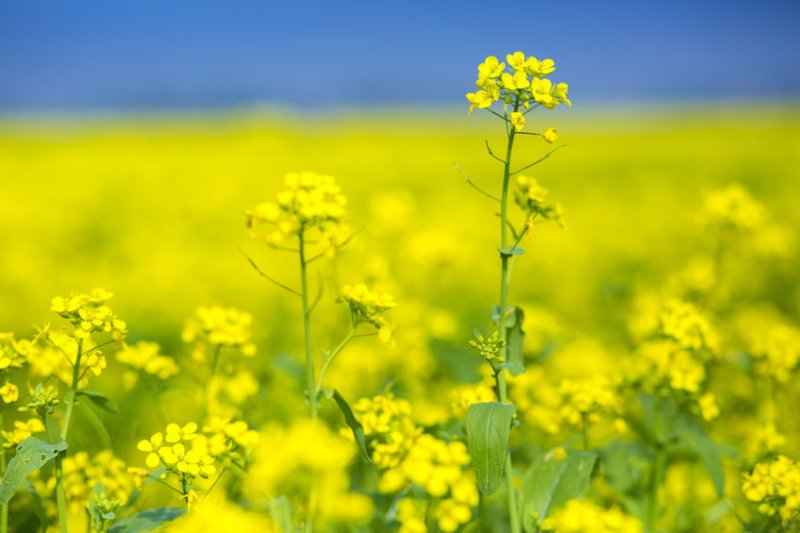
Two water companies are working with farmers using online platform EnTrade to encourage the growing of cover crops following a successful trial last year.
The project will target a 50 percent increase in nitrate capture from North Hertfordshire and South Cambridgeshire farmers in 2020/21.
Affinity Water and Cambridge Water said the project aimed to help maintain the quality of drinking water and boost farmers' soil health.
In 2020/21 the water firms will work with eighteen farms in the region, consisting of around 800 hectares.
Farmers will capture 37.4 tonnes of nitrate which could otherwise leach into the chalk aquifers that are used to supply drinking water.
Cover crops, grown in the autumn and winter months between cash crops, are seen as a good measure in capturing excess nitrate left in the soil.
Without a cover crop, nitrate has the potential to leach into the aquifer or into nearby rivers, increasing the nitrate concentration which would then require water treatment.
Both companies said that growing a cover crop can also help build organic matter in soils, protect them from erosion and attract farmland birds.
In 2019/20, they worked with 11 farms in Hertfordshire and Cambridgeshire to fund the capture of 24 tonnes of nitrate from 488 hectares of land.
Matthew Doggett, who farms on the Hertfordshire and Cambridgeshire border near Royston, is taking part in the EnTrade scheme.
He said: "As farmers, we need to keep innovating to ensure that we can deliver healthy crop yields and a healthy environment.
"Cover crops are a new experience for me and should provide benefits in terms of the soil health and preventing the leaching of nitrates from the soil in the autumn.”
EnTrade reverse auctions are run via an online platform that facilitates environmental improvements.
This year’s payment to farmers is on average £109 per ha with higher payments made to those crops that capture more nitrate, such as oil radish, and those that are planted earlier.
